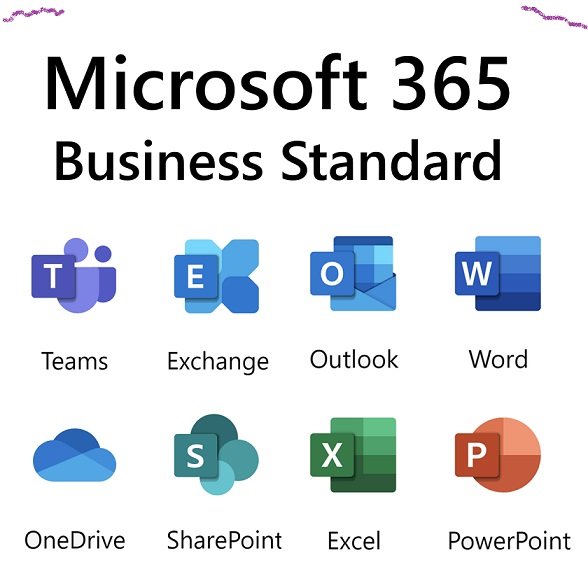Introduction
In today’s fast-paced business landscape, the demand for skilled business advisors has skyrocketed. These professionals play a pivotal role in guiding companies toward growth, sustainability, and innovation. Whether you’re an entrepreneur looking for expert guidance or a professional aspiring to become a business advisor, this guide provides a deep dive into the world of business advisory.
Who is a Business Advisor?
A business advisor is a professional who provides strategic advice to businesses to help them achieve their goals. These goals can range from increasing profitability to improving operational efficiency or even expanding into new markets. Advisors often work closely with senior executives, offering insights based on extensive industry knowledge and analytical expertise.
Key Responsibilities:
- Analyzing business performance and identifying areas for improvement.
- Developing strategic plans for growth and efficiency.
- Advising on financial management and resource allocation.
- Supporting decision-making processes with data-driven insights.
- Assisting in risk management and compliance.
Why Businesses Need Advisors
In a competitive market, businesses face numerous challenges, such as:
- Navigating market uncertainties.
- Keeping up with technological advancements.
- Managing financial risks and regulatory changes.
Business advisors provide clarity and direction, enabling organizations to stay ahead of the curve.
Benefits of Hiring a Business Advisor:
| Benefit | Explanation |
|---|---|
| Strategic Decision-Making | Helps businesses make informed choices. |
| Risk Mitigation | Identifies potential risks and develops plans. |
| Increased Efficiency | Optimizes operations for better productivity. |
| Growth Acceleration | Develops strategies to scale businesses. |
| Financial Health | Improves budgeting and resource management. |
Skills Required to Be a Business Advisor
1. Analytical Thinking
Advisors must analyze complex data and provide actionable insights.
2. Communication Skills
Clear communication is crucial for conveying strategies effectively to clients.
3. Industry Knowledge
A deep understanding of the client’s industry ensures relevant and practical advice.
4. Problem-Solving Abilities
Business advisors need to identify challenges and propose viable solutions.
5. Financial Expertise
Knowledge of financial management is essential for advising on budgets and investments.
Steps to Become a Business Advisor
1. Obtain a Relevant Degree
While not mandatory, degrees in business, finance, or economics can provide a strong foundation.
2. Gain Industry Experience
Practical experience in business management or consulting builds credibility.
3. Develop a Specialized Skill Set
Specializing in areas like financial planning, marketing, or operations can set you apart.
4. Earn Certifications
Certifications like Certified Management Consultant (CMC) or MBA degrees add value to your profile.
5. Build a Network
Networking with professionals and joining industry associations can open opportunities.
Types of Business Advisors
| Type | Focus Area |
| Financial Advisor | Budgeting, investments, and financial planning. |
| Marketing Consultant | Branding, marketing strategies, and campaigns. |
| Operational Advisor | Streamlining processes for efficiency. |
| Technology Consultant | IT solutions and digital transformation. |
| Start-Up Consultant | Helping new businesses launch and grow. |
Tools and Technologies for Business Advisors
1. Financial Analysis Tools
- QuickBooks
- Xero
2. Project Management Software
- Trello
- Asana
3. Data Analysis Tools
- Microsoft Excel
- Tableau
4. Communication Platforms
- Slack
- Zoom
5. CRM Systems
- Salesforce
- HubSpot
Challenges Faced by Business Advisors
1. Understanding Diverse Industries
Advisors must adapt quickly to varying business models and industries.
2. Keeping Up with Trends
Staying informed about market and technological changes is essential.
3. Managing Client Expectations
Balancing client goals with realistic outcomes requires tact.
Career Opportunities for Business Advisors
Business advisors can work independently, join consulting firms, or become in-house consultants for large organizations. Popular career paths include:
- Management Consultant
- Financial Planner
- Business Development Advisor
- Corporate Strategist
- Entrepreneurial Consultant
FAQs About Business Advisors
Q: How much do business advisors earn? A: Salaries vary depending on experience, location, and specialization. On average, advisors earn between $70,000 and $150,000 annually.
Q: Do I need a license to be a business advisor? A: Licensing depends on the services offered and the region. For example, financial advisors may require specific certifications.
Q: What industries hire business advisors? A: Business advisors work across industries, including finance, healthcare, IT, and manufacturing.
Conclusion
A business advisor is an indispensable asset to any organization. Their expertise in strategy, finance, and operations can make a significant difference in achieving business goals. Whether you’re considering hiring one or becoming one, understanding the role and its requirements is the first step toward success.
Disclaimer: The information provided in this article is for general informational purposes only. It does not constitute professional advice. Consult a licensed expert for specific business needs or concerns.




